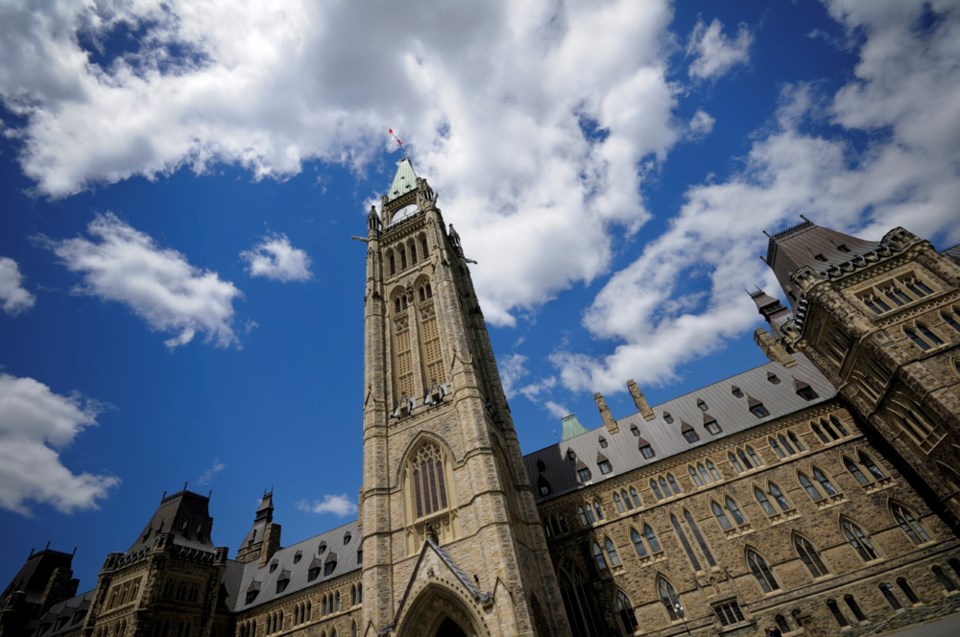The next federal election is theoretically still a long way off, but there is already speculation that a certain potential outcome of the vote could set off constitutional alarm bells.
The potential scenario being talked about the most is this: what if the Conservatives win the most seats but fall short of a majority? Would that prompt the Justin Trudeau-led Liberals to try to form government and continue in power?
It is an intriguing outcome and certainly within the realm of possibility. Poll after poll after poll suggests neither the Liberals nor the Conservatives will win anything close to a majority of seats in the House of Commons whenever the next vote is held.
The idea of the second-place finisher in an election forming government may strike some folks back East as preposterous, but one needs to look back only recently in history to find a precedent, and it occurred right here in B.C.
In fact, two events occurred after the 2017 election in B.C. that may ultimately play a role in determining who gets to rule after the next federal election.
First, even though her party failed to win a majority of seats, then-Premier Christy Clark reconvened the legislature as if it was business as usual. Under our system of government, she had every right to do this, as she never stopped being the premier, even during and after the election campaign.
So, despite every indication they were doomed to failure, Clark and the B.C. Liberals remained on the government side of the legislature chamber, helped choose a Speaker and delivered a Throne Speech that sounded like the recitation of the Green Party’s election platform (her party was desperately trying to win the support of the three Green MLAs, which would give the Liberals that majority).
Come the next federal election, these developments should bear remembering. No matter what the outcome, Trudeau will still be prime minister until certain events play out. More on that in a bit.
Within days, of course, the Clark-led government fell from power because the Opposition parties voted a non-confidence motion against the government. Clark, even then still the premier and thus still First Minister, travelled up the hill to Government House to meet with then Lt.-Gov. Judith Guichon.
According to the book A Matter of Confidence, authors Richard Zussman and Rob Shaw wrote that Clark advised her to call another election, arguing an NDP-Green alliance could not effectively govern. Guichon declined her suggestion and instead turned to Horgan — the leader of the party that finished second — to lead the government.
Remember, the “Crown” (represented by our Governor-General nationally and lieutenants-governor provincially) chiefly care only if Parliament can function — can have the “confidence” of the House — and not that the party with the most seats is in charge.
Again, we could easily see an outcome of the next federal vote that has the incumbent Liberal government winning the second most seats and the Conservatives winning the most.
And yet, partly because of what happened in B.C., the Trudeau-led Liberals could keep governing if they continued to be backed by the NDP in an arrangement that would produce a working majority in the House of Commons.
In such a scenario, it is important to remember that Trudeau would have never stopped being prime minister and therefore would have the power to recall the House of Commons and put the arrangement to the test.
There is indeed a way for a second-place finisher to form government. It can be infuriating for the first-place party, of course. Just ask the old B.C. Liberal Party.
Keith Baldrey is chief political reporter for Global BC.



